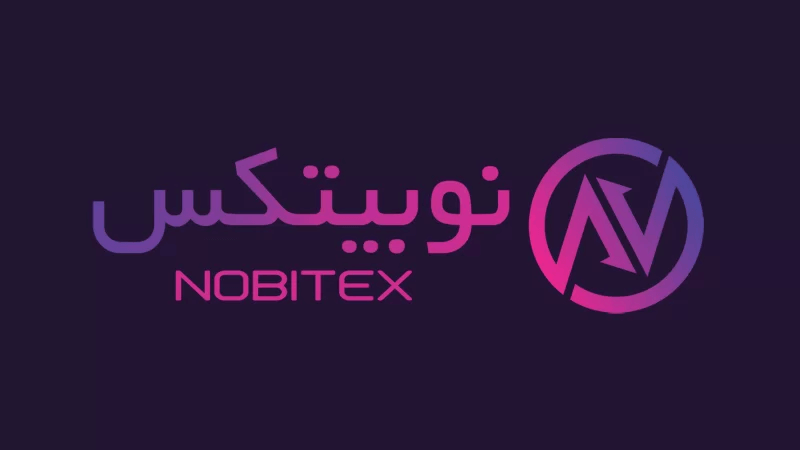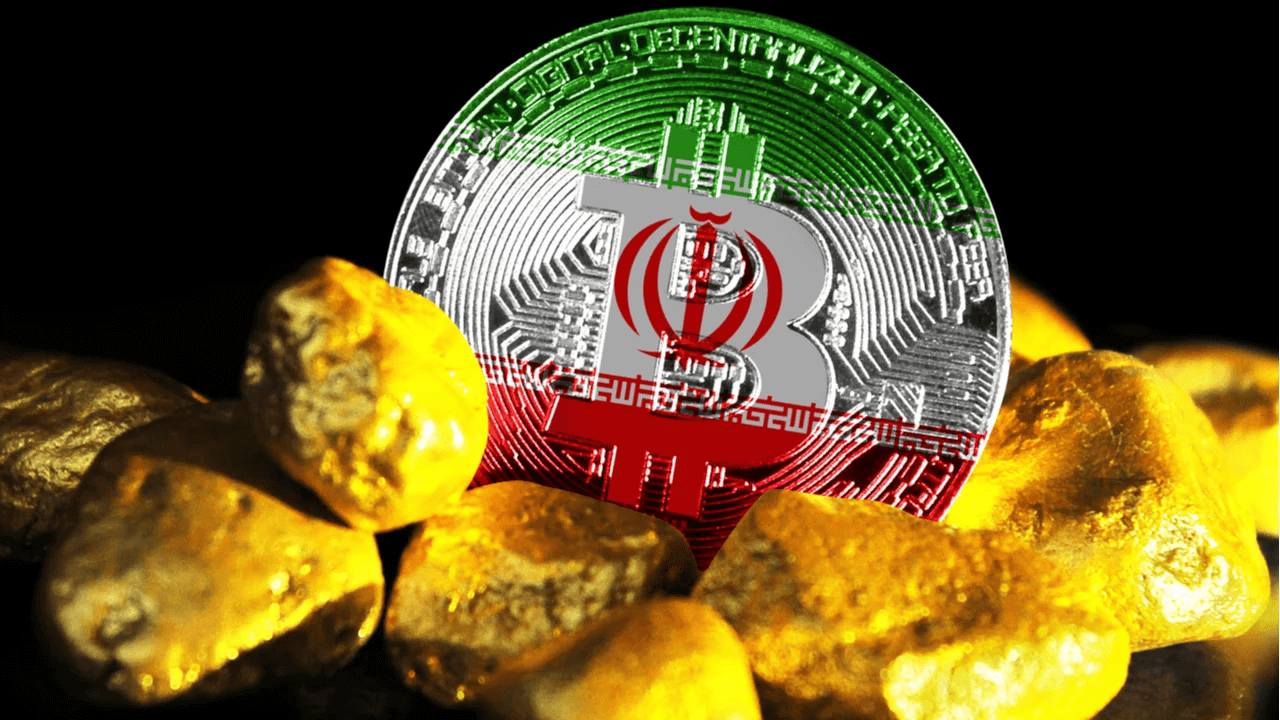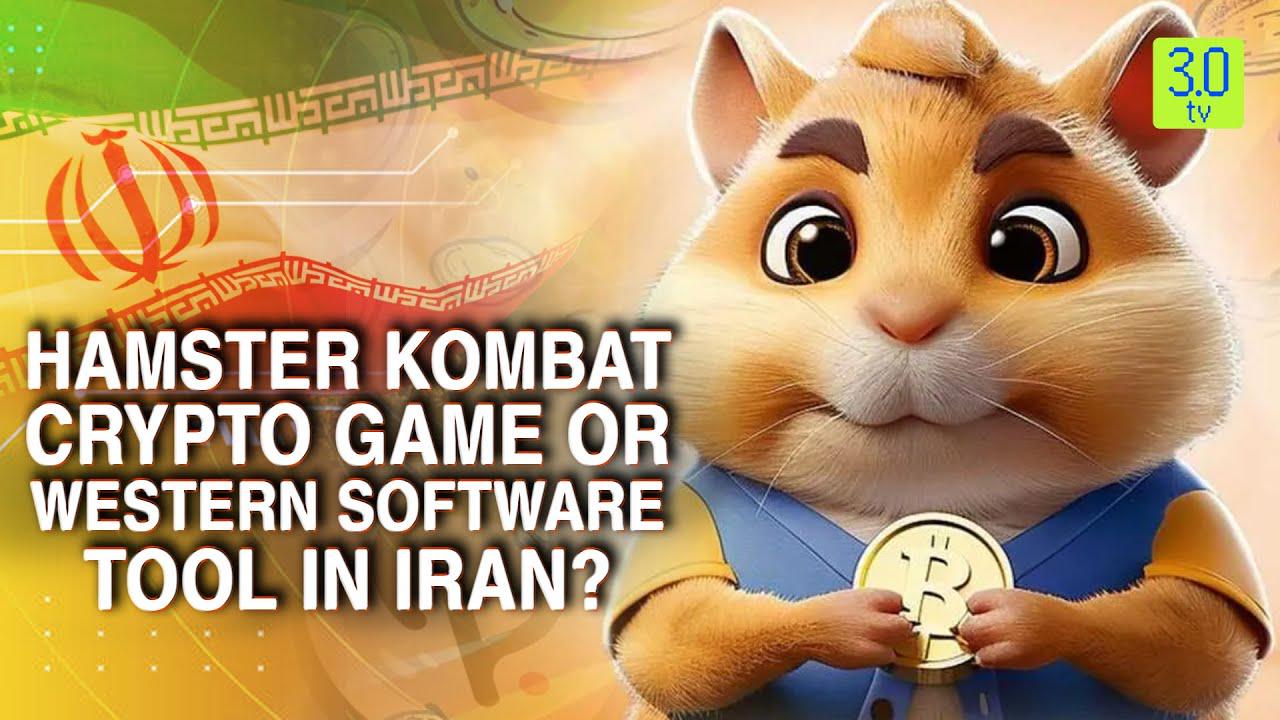
Author: Zen, PANews
The war between Iran and Israel has spread to the field of cryptocurrency.
On June 18, 2025, Nobitex, the largest cryptocurrency exchange in Iran, suffered a cyber attack that shocked the industry. A pro-Israel hacker group calling itself "Predatory Sparrow" broke into Nobitex's system and "devastatingly" stole nearly $90 million in assets. The group claimed that Nobitex assisted the Iranian government in circumventing international sanctions and funding "terrorism," and transferred the stolen funds to accounts with anti-Iranian information.
The hacker also posted a warning on X: "These cyber attacks are due to Nobitex becoming an important tool for the Iranian regime to finance terrorism and violate sanctions. Working with the Iranian regime's infrastructure for funding terrorism and violating sanctions puts your assets at risk."
This horrific hacking incident not only exposed Iran’s huge cryptocurrency market to the public, but also made people realize that this country, the only remaining and so far the only country in the world that fully implements Islamic theocracy, is also deeply intertwined with the cryptocurrency industry.
Motivation: Funding channels under sanctions
Iran's cryptocurrency market has been developing for many years, and its interest in cryptocurrency is mainly due to economic and geopolitical pressures. Due to the severe sanctions imposed by the United States and other countries on Iran, Iran's conventional financial channels are restricted, and international trade and capital transfers are hindered. In this case, cryptocurrency is seen as an alternative means.
The Arabian Peninsula Report analyzed that the country's economic situation is also an important reason for the development of the crypto market. Iran has long faced high inflation and currency depreciation pressure, and the local currency Rial has continued to weaken. The sharp fluctuations in the US and Iranian stock markets have forced many depositors to invest in cryptocurrencies to hedge risks. For ordinary Iranians, cryptocurrencies are seen as a tool for preserving value and diversifying assets, especially during economic turmoil.
According to an analysis report by blockchain security company TRM Labs, the total amount of cryptocurrencies flowing into major Iranian exchanges in 2022 is close to $3 billion, of which Nobitex, which was attacked by Israeli hackers this time, is the country's largest trading platform, accounting for about 87% of the market share. Other major platforms include Wallex, Excoino, Aban Tether and Bit24. These local exchanges need to obtain permission from regulatory authorities and operate in accordance with regulations such as anti-money laundering (AML) and customer identification (KYC).

In addition, Reuters has reported that most of Iran's domestic crypto transactions are connected to the international market through Nobitex or similar exchanges. According to data from blockchain research firm Chainalysis, Binance processed $8 billion worth of Iranian transactions between 2018 and the end of 2022, of which Nobitex processed $7.8 billion worth of transactions. Nobitex also encouraged customers to use Tron tokens for anonymous transactions in a blog post published in 2021 to avoid "compromising asset security due to sanctions."
In addition to crypto assets, the Iranian government has also made some arrangements in recent years in the development of blockchain technology. The most representative are two officially supported blockchain projects: Kuknos and Borna. The Kuknos network was launched in 2019 by Iran's four major banks (such as Melli Bank, Pasargad Bank, etc.) and technology company Tosan. Its native token PayMon (PMN) is used for internal settlement in the banking system. At the same time, the Central Bank of Iran cooperated with blockchain company Areatak to develop the Borna platform, which provides financial institutions with a blockchain-supported application framework based on technologies such as Hyperledger Fabric. This shows that Iranian officials also hope to use blockchain technology to improve the efficiency and transparency of the financial system.
In addition, Iran and Russia are said to be jointly planning to launch a cross-border stablecoin backed by gold for trade settlement between the two countries and to circumvent financial sanctions. There are also reports that the Central Bank of Iran is studying the launch of its own central bank digital currency "Crypto Rial" and has planned to connect it to the clearing systems of countries such as the UAE.
Thanks to Iran's abundant energy resources, the country recognized cryptocurrency mining as a legal industry in 2018. In 2021, Iran accounted for about 4.5% of the global Bitcoin computing power, producing nearly $1 billion worth of Bitcoin each year for import trade and mitigating the impact of sanctions. Iranian officials are also happy to see this happen, and have implemented preferential electricity price policies for cryptocurrency mines.
However, due to the burden on the power grid caused by high energy subsidies and the regulatory requirement that miners must hand over the mined bitcoins to the central bank, many mines choose to go underground or operate around regulations. The Arabian Gulf Business Insight (AGBI) estimates that by 2024, Iran's share of global Bitcoin computing power has fallen to about 3.1%.
Policy: From open to tightened, crypto trading curfew implemented
The Iranian government's attitude towards cryptocurrencies has fluctuated many times, and its regulatory policy on cryptocurrencies has shown a trajectory from early openness to gradual tightening.
Since 2018, Iran has officially recognized digital currency mining as a legal industry in order to regulate the already popular mining operations. The government has introduced measures requiring licensed miners to use efficient equipment and only allow them to sell mining proceeds to the central bank at a certain price, while paying electricity bills according to export electricity prices. Low electricity prices have attracted overseas miners, including Chinese, to invest in mining in Iran.
The "Roadside Mining Pool", which once briefly became one of the top five global mining companies in terms of computing power in 2020, is a representative of Chinese miners going to Iran to seek gold. PANews once exclusively interviewed the partners of the mining pool. They were engaged in shipping from Iran, but they recycled tens of thousands of mining machines at the price of scrap from miners who had never opened up Iranian channels, and established the largest compliant mining farm in Iran by relying on their local connections.

However, this "energy for currency" model soon exacerbated the power shortage. In May 2021, after a rare summer power outage, President Hassan Rouhani announced a four-month temporary ban on all cryptocurrency mining activities until late September of that year to ease the load on the power grid. Official data show that legal mines consume about 300 million kilowatt-hours of electricity, while unlicensed illegal mines consume up to 2 billion kilowatt-hours, seriously affecting people's electricity consumption. Since then, during the peak summer electricity consumption, the government has temporarily closed some mines to ensure the supply of civilian electricity.
In terms of transaction supervision, the Central Bank of Iran banned individuals from using foreign-mined digital currencies for transactions in the country as early as 2020, strengthening control over the circulation of cryptocurrencies. After 2022, Iranian regulators tightened restrictions on crypto advertising and mining machine sales. In December 2024, Iranian officials ordered a ban on the promotion of crypto mining machines and related training courses on the Internet, and required major e-commerce platforms to remove related advertising content. In the same month, the energy authorities also stated that they would hold illegal mining accountable.
These measures also require that compliant mining farms can only operate when there is sufficient electricity supply, and electricity is not allowed to be used outside of off-peak hours. It can be seen that as the electricity consumption and safety problems caused by the popularization of mining machines have become more prominent, the government has imposed stricter controls on the mining industry. At the end of 2024, the focus of supervision shifted to crypto transactions themselves. The Central Bank of Iran issued new regulations in December 2024, attempting to block the exchange of cryptocurrencies and rials on domestic websites. In January 2025, the government-designated transaction interface (API) was launched, requiring all domestic exchanges to access the regulatory system through this channel to facilitate the monitoring of user identity information and capital flows.
In February 2025, Iranian officials even announced a ban on cryptocurrency advertising on any occasion or platform. Then, after the Nobitex hack in June, the Central Bank of Iran further strengthened its control over crypto transactions: According to analysis company Chainalysis, the Iranian government stipulates that domestic crypto platforms are only allowed to operate between 10 a.m. and 8 p.m. daily (the so-called "crypto transaction curfew") to improve regulatory efficiency and limit capital outflows. Various restrictive measures have emerged in an endless stream, which to some extent also reflects the authorities' balance between promoting innovation and maintaining financial security.
Exegesis: Cryptocurrency and Islamic teachings
As an Islamic republic, Iran must also consider the norms of Sharia when promoting the development of cryptocurrencies. Islam strictly prohibits all forms of usury (Riba) and gambling (Gharar), and cryptocurrency trading has been questioned by some conservatives due to its volatile and speculative nature.
Iran's Supreme Leader Ayatollah Ali Khamenei has a relatively open attitude towards this. In 2021, he made it clear that the sale and production of cryptocurrencies "must comply with the laws and regulations of the Islamic Republic of Iran" and are not automatically considered to be contrary to Islamic teachings. In other words, as long as the government allows it, digital currency transactions operated in accordance with regulations are not "illegal" in themselves. In addition, Khamenei has also called on the religious community to express opinions on new social issues, including cryptocurrencies, in order to keep the religious law up to date.
However, the opinions of different religious scholars are not completely consistent. Makarem Shirazi, a famous Iranian Shiite Grand Ayatollah, holds a cautious stance. He believes that cryptocurrencies such as Bitcoin have "many uncertainties", such as lack of government endorsement and easy abuse, so their transactions do not meet the requirements of Islamic law. Some other religious leaders (such as Sistani) require believers to follow more senior interpretations of the law when the law is unclear.
Although the Iranian government does not regard cryptocurrency as a clear religious taboo, it emphasizes that it must be carried out within the framework of national laws and regulations to avoid excessive speculative behavior. This position balances the contradiction between Islamic teachings and modern economic practices to a certain extent.
Amid multiple economic uncertainties, crypto assets still attract a large number of Iranian young people and technology practitioners. CCTV.com analysis shows that with the development of information technology, the popularization of smart phones, and Iran's gradual opening up of external communications, the threshold for ordinary people to participate in digital currency transactions is lowering.
The most typical case is the summer of 2024, when the point-earning game "Hamster Kombat" on Telegram became popular in Iran and caused criticism from politicians. At that time, Hossein Delirian, spokesman for the Iranian National Cyberspace Center, issued a warning. He said that he had read a large number of discussions among Iranian users in many super groups recently, and said that the use of games for cryptocurrency mining has become a hotbed for hacker crimes.

The controversy has also attracted attention from religious circles, with prominent Shia scholar Ayatollah Nasser Makarem Shirazi describing cryptocurrencies as “the source of many evils” and urging people to avoid playing games like Hamster Kombat that involve Bitcoin.
Participating in the crypto market also comes with risks. The Arabian Peninsula reported that Iran’s low level of crypto knowledge sets a trap for criminals: fraud cases emerge in an endless stream, and many investors suffer huge losses due to blindly following the trend. Anonymous transactions on the black market also pose challenges to supervision. Coupled with the volatile market itself and the lack of mature legal protection, some Iranian families are cautious or even wait-and-see about such assets.
Overall, although cryptocurrencies are gradually becoming more widely accepted in Iran, discussions about their legality, security and morality continue. Today, with the Iranian government's massive Internet blockades and speed restrictions, and even Internet outages in many regions, for ordinary people, the development prospects of the crypto market may no longer be of concern to the real dilemma of war and national survival.







